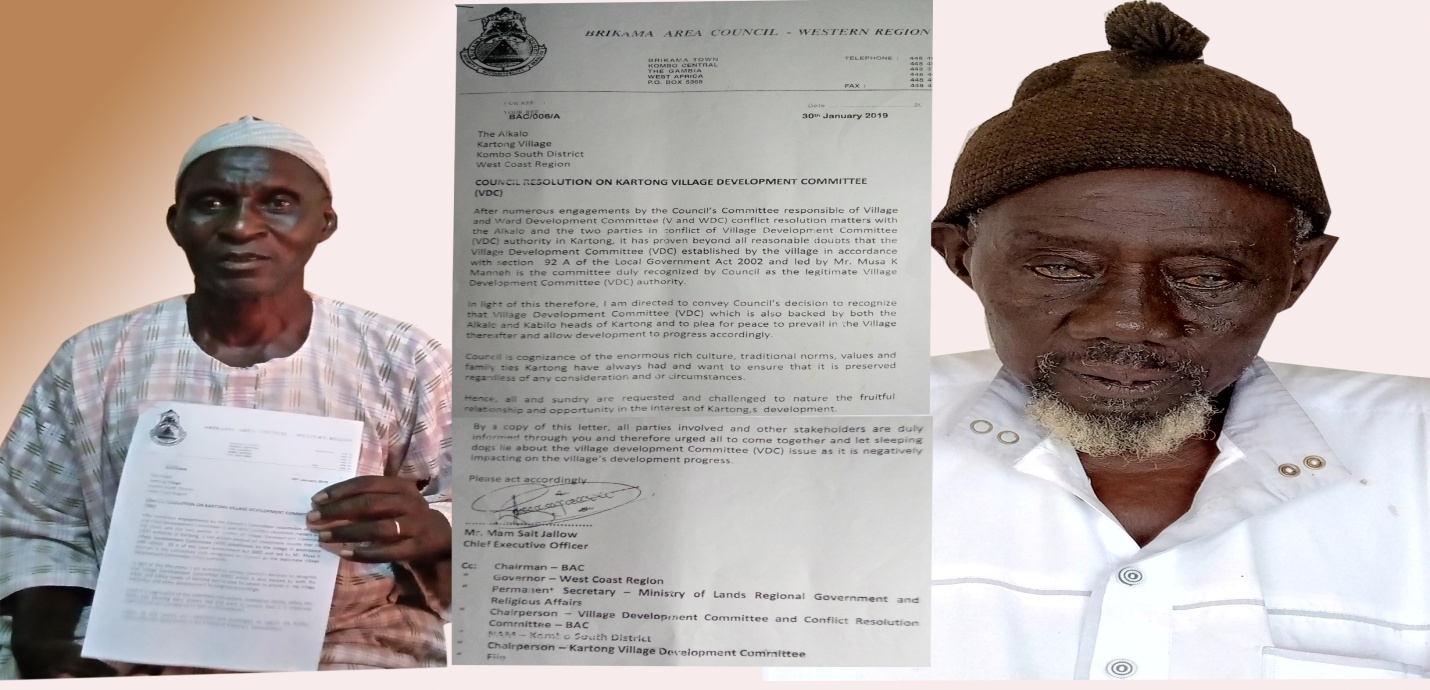By Kemo Kanyi
The highly talked about 2024 draft constitution to be presented before the National Assembly retains the nomination of the speaker and deputy speaker of the National Assembly with the President, contrary to the provision mandated by the Constitutional Review Commission in 2020.
The 2020 Draft Constitution by the CRC provided that the Speaker shall be elected by the members of the National Assembly from outside the National Assembly in accordance with the Standing Orders of the Assembly.
It further added that the National Assembly may, where it considers it expedient, elect two Deputy Speakers as follows –
(a) one from the majority party or coalition of majority parties; and
(b) one from the minority party or coalition of minority parties or an independent member.
Nevertheless, the 2024 Draft stipulates that the Speaker and Deputy Speaker shall continue to be nominated members even after resigning
from or being removed by the National Assembly from their respective positions.
The explanatory note forwarded by the government states that the roles of the Speaker and Deputy Speaker are distinct from the general membership they hold within the National Assembly.
“Recognizing the separation ensures that the basis for their removal or resignation is tied strictly to their capacity to preside over sessions and procedural matters, not to broader legislative functions. This distinction prevents punitive overreach and preserves the mandates provided by their nominators,” the note attributes.
Retaining nominations of Speaker and Deputy Speaker, the government provided that it will maintain stability within the parliament.
“Allowing the Speaker or Deputy Speaker to remain as nominated members despite resigning or being removed provides continuity and stability in the National Assembly. These individuals have significant parliamentary experience and can contribute constructively to legislative processes,” the government clarified.
The 2024 Draft removes the requirement for two Deputy Speakers.
The explanation is that since independence in 1965, The Gambia has
functioned effectively with one Deputy Speaker in the National Assembly. Having one Deputy Speaker maintains the efficiency and cohesion of legislative operations.
“The introduction of a second Deputy Speaker may lead to logistical complexities, potential conflicts, and power struggles. A streamlined leadership with one Deputy Speaker is better suited to manage legislative proceedings without creating additional layers of bureaucracy,” it urged.
It further stated that the introduction of an additional Deputy Speaker would necessitate increased allocation of resources, including financial remuneration, staffing, and office accommodations.
The explanatory note on the election of two deputy speakers from the majority and minority was disapproved based on the possibility of adversarial conditions.
“The proposed allocation of one Deputy Speaker from the majority party and another from the minority party or an independent member could potentially promote adversarial conditions. This could intensify partisan divides within the Assembly, detracting from collaborative bipartisan efforts essential for effective governance,” it further relied on.





